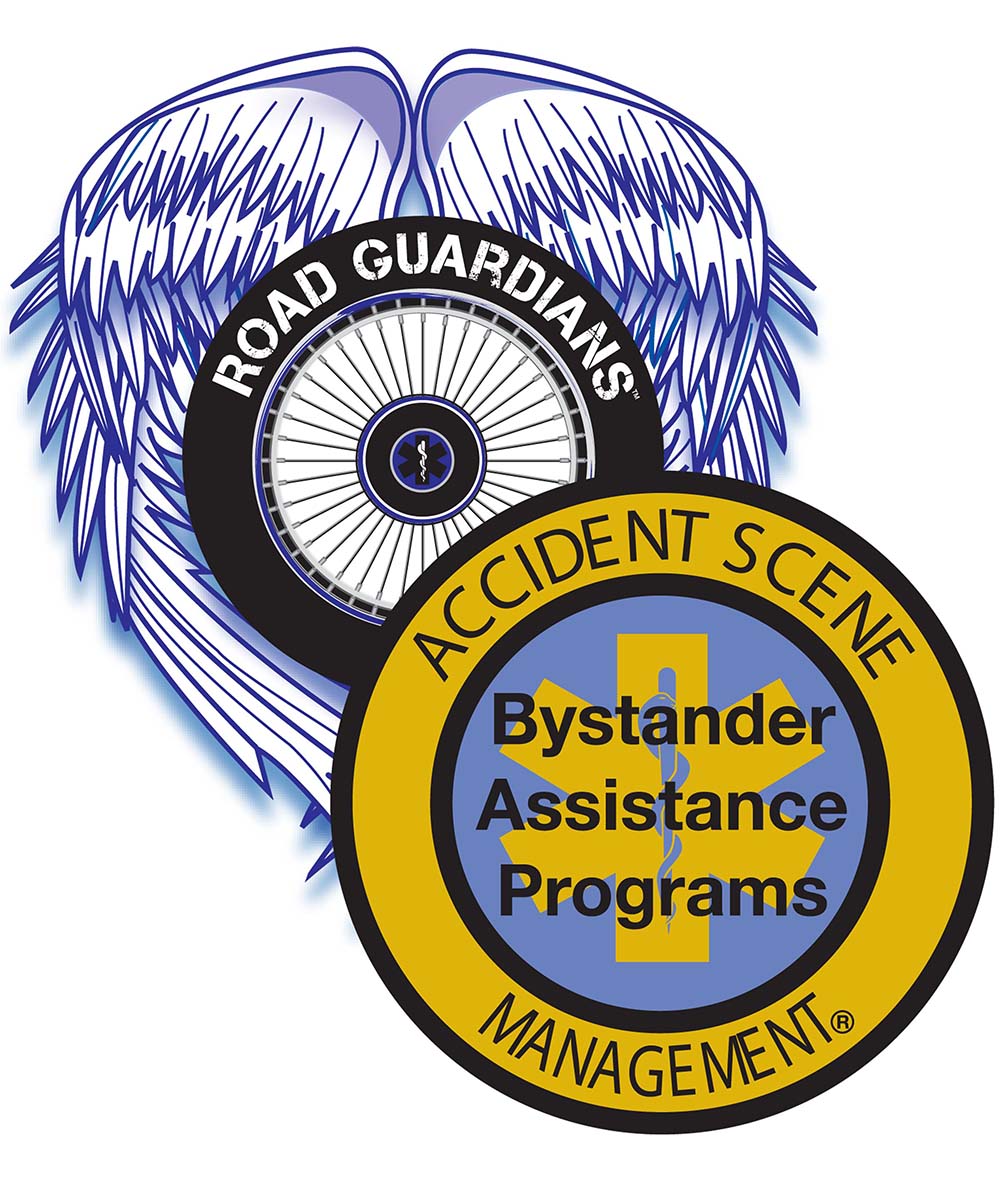Accident Scene Management / Road Guardians
Login |
(262) 706-3278
0
You have 0 items in your cart
Emergency Response:
65-2891. Emergency care by health care providers; liability; standards of care applicable. (a) Any health care provider who in good faith renders emergency care or assistance at the scene of an emergency or accident including treatment of a minor without first obtaining the consent of the parent or guardian of such minor shall not be liable for any civil damages for acts or omissions other than damages occasioned by gross negligence or by willful or wanton acts or omissions by such person in rendering such emergency care.
(b) Any health care provider may render in good faith emergency care or assistance, without compensation, to any minor requiring such care or assistance as a result of having engaged in competitive sports, without first obtaining the consent of the parent or guardian of such minor. Such health care provider shall not be liable for any civil damages other than damages occasioned by gross negligence or by willful or wanton acts or omissions by such person in rendering such emergency care.
(c) Any health care provider may in good faith render emergency care or assistance during an emergency which occurs within a hospital or elsewhere, with or without compensation, until such time as the physician employed by the patient or by the patient’s family or by guardian assumes responsibility for such patient’s professional care. The health care provider rendering such emergency care shall not be held liable for any civil damages other than damages occasioned by negligence.
Automatic External Defibrillator:
Senate Bill 535
An automated external defibrillator may be used by any qualified person.
Any qualified person who gratuitously and in good faith renders emergency care or treatment by the use of or provision of an AED shall not be held liable for any civil damages as a result of such care or treatment or as a result of any act or failure to act in providing or arranging further medical treatment where the person acts as an ordinary reasonably prudent person would have acted under the same or similar circumstances.
As used in the above section, ”qualified person” means a person who:
